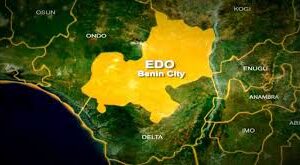Investigators are special people. They risk their lives and all for the ultimate good of humanity. They are either trained in a formal training institution, undergo training through mentorships or learn on the job.
Whether they are working as private, public or government investigators, they have the passion of exposing what individuals, groups, companies, government agencies or any corporate bodies have concealed and desperately trying not to make it known to the public.
These apply mostly to corrupt politicians, captains of industry and other people who are deeply involved in criminality.
Since few people are not comfortable having their dirty linens washed in public, whistle blowers are exposed 24/7 to various dangers, left, right and center.
They could be ridiculed-verbally, physically and emotionally, attack, maimed, or killed. Unfortunately, these are global issues that occur in other developing and developed countries.
In 2022, the Committee to Protect Journalists said “67 journalists and media workers were killed”. About 41 of this number were killed while on duty.
The committee further disclosed that “half of the 67 killings occurred in just three countries–Ukraine (15), Mexico (13), and Haiti (7) – the highest yearly numbers CPJ has ever recorded for these countries.
In Nigeria, the brutal murder of Dele Giwa, a frontline investigative reporter and founding editor-in-chief of Newswatch Magazine, is still fresh in our minds, years after he was killed via a bomb wrapped as a parcel.
But, this has not deterred some daring journalists from exposing the rots in our society, the self-acclaimed giant of Africa and even beyond.
Brave or daring journalists for Nigeria is getting better by the day, though the progress is coming at a snail’s pace.
Emmanuel Udom,
Abuja




